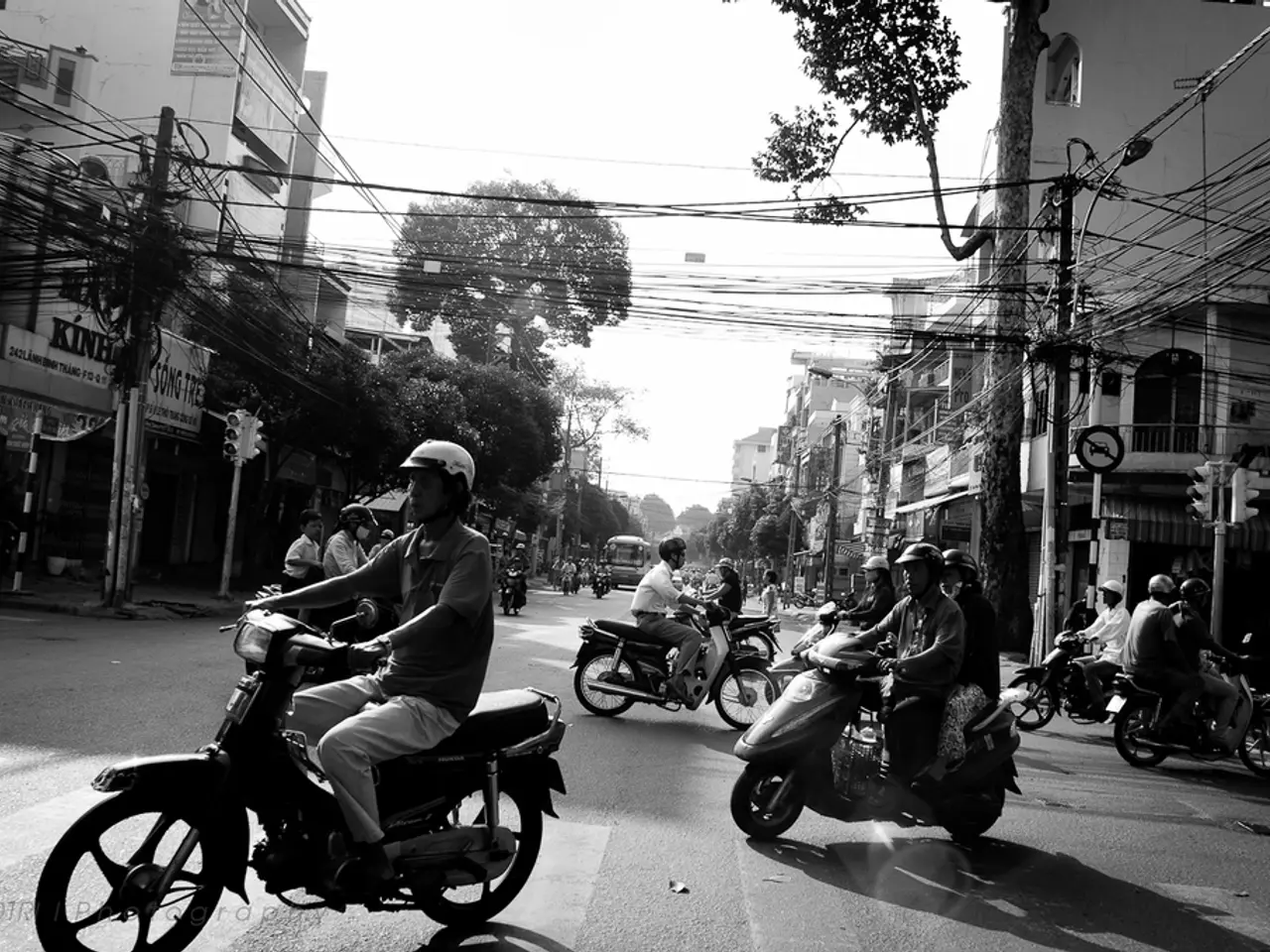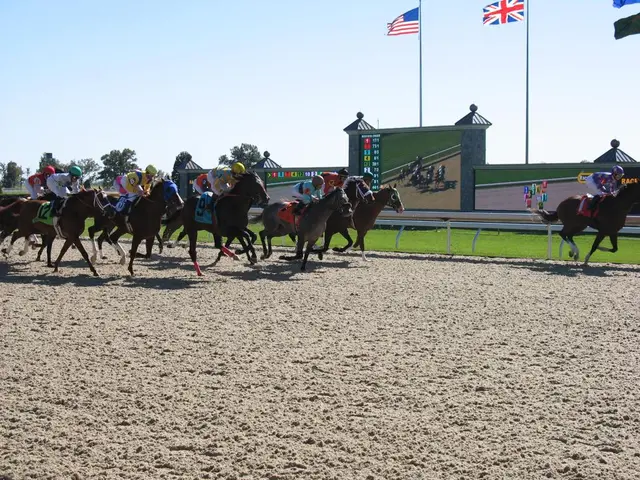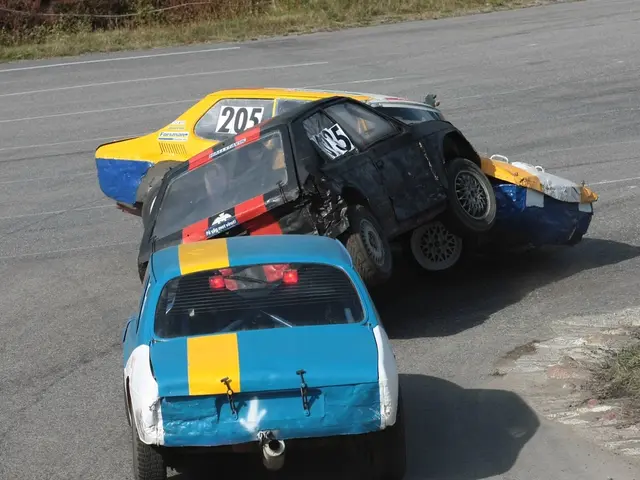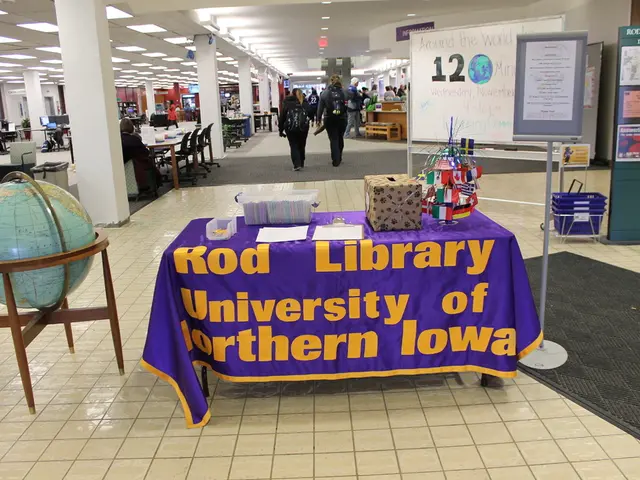In the report, a startup founder asserts that potholes pose a significant challenge, causing a staggering financial loss of approximately 600,000 million Indian Rupees to Bengaluru's traffic system.
In a striking LinkedIn post, Madhav Kasturia, the CEO of Zippee, has highlighted the issue of traffic congestion and urban failure in India, using Bengaluru as a case study.
According to Kasturia's post, the average daily commute for a worker in India is nearly 2 hours, while in contrast, Tokyo clocks the same distance in just 12 minutes. This stark contrast is not the only concern. Bengaluru, in particular, has seen a significant increase in losses due to traffic congestion and poor roads since 2018.
Kasturia argues that traffic is now pushing businesses out of major metros, citing the recent exit of BlackBuck co-founder Rajesh Yabaji from Bengaluru's Outer Ring Road. However, it's important to note that BlackBuck has clarified that it is not moving out of Bengaluru but is only relocating.
The losses due to traffic congestion and poor roads in Bengaluru have increased significantly over the past decade, particularly rising sharply from the early 2010s to the mid-2020s. According to Kasturia, these losses amount to over ₹60,000 crore annually.
Cities like Mumbai and Delhi show similar patterns of slow traffic. Every extra hour in freight transit inflates costs for daily essentials, including food and e-commerce. The productivity losses due to long commutes for 100 million urban professionals amount to tens of thousands of crores each year.
Kasturia's post also highlights the capital drain from traffic delays, poor logistics, and crumbling infrastructure in India's urban hubs. He suggests that today's losses due to traffic congestion in Bengaluru are even higher than in 2018.
In addition, Kasturia argues that cities lose startups not just due to taxes, but because people can't cope with the infrastructure issues. He points out that burnout, attrition, and hiring challenges are symptoms of failed infrastructure.
Kasturia's claim is more than the annual defense budget for countering Pakistan, according to him. He concludes his post by stating, 'Governments can keep tweeting 'smart cities.' The truth is, we're running on dumb roads.'
This call for change comes at a critical time, as India grapples with urban issues that threaten to stifle growth and innovation. It's a wake-up call for policymakers and urban planners to address the pressing issue of traffic congestion and poor infrastructure in India's cities.





